About
Welcome to the CoRL 2023 Workshop on Bridging the Gap between Cognitive Science and Robot Learning in the Real World: Progresses and New Directions!
Humans possess remarkable cognitive abilities that enable them to solve everyday tasks and adapt to new situations. These cognitive functions operate at different levels, including the subconscious (e.g., perception and action), conscious (e.g., planning and reasoning), and introspective (e.g., self-monitoring and self-explanation). Importantly, these levels of cognition are not separate entities but are intricately intertwined and mutually adaptive. Advanced agents like humans rely on higher-level cognitive functions, such as introspection and self-explanation, to guide and inform their lower-level cognitive processes, such as planning and control.
In contrast, current robots lack the conscious and introspective human-level cognitive intelligence that can effectively guide their subconscious intelligence. This absence limits their ability to efficiently perform complex tasks, adapt to novel scenarios, and seamlessly interact with humans. Granting robots similar cognitive intelligence holds significant benefits, including the potential to enhance their capacity for learning, facilitate their adaptation to unforeseen circumstances, and enable more natural and intuitive interactions with human counterparts. One promising hypothesis to achieve this is to establish strong connections between principles derived from cognitive science literature and robot learning.
This workshop seeks to stimulate productive discussions on the underexplored connections between human cognitive procedures and robot learning techniques. By exploring these intersections, we aim to explore new research topics and define new exciting research agendas in the field of robot learning. The workshop will emphasize the identification of new research directions that draw inspiration from cognitive science. The ultimate goal is to enable robots to learn and operate more effectively in real-world settings, potentially alongside humans.
Topics of Interest:
• Robot learning guided by self-explanation or self-introspection: Investigations into methods and algorithms that enable robots to acquire self-explanatory and introspective cognitive abilities, allowing them to understand and improve their own learning processes
• Leveraging world models for robot learning: Approaches that utilize world models, including simulated environments or predictive models, to facilitate robot learning and enhance their adaptability to new scenarios and tasks
• Robot learning with language feedback and/or visual attention: Exploration of techniques that incorporate language feedback or visual attention mechanisms to improve robot learning and enable more effective interaction with the environment and humans
• Learning through interaction with humans: Studies on the integration of human-robot interaction and collaborative learning paradigms, aiming to enhance the robot's learning capabilities through direct engagement and cooperation with human partners
• Robot learning for long-horizon tasks: Investigations into long-term learning approaches that enable robots to acquire and refine skills over extended periods, enabling them to handle complex, multi-stage tasks and maintain performance over time
• Augmenting robot learning using long-term (e.g., physical) memories: Research focused on leveraging long-term memory mechanisms, such as physical storage or other memory structures, that enable enhanced robot learning. This includes investigating approaches that facilitate efficient retrieval of stored knowledge, as well as the ability to update and integrate new information into the existing memory, enabling robots to improve their performance, adaptability, and decision-making in complex scenarios
• Learning multi-robot collaborations: Advancements in the area of multi-robot systems, including cooperative learning, task allocation, communication, and coordination, to enable robots to collaborate and learn from each other in a team-based setting
• Utilizing large language models for improving robot learning: Exploring the application of large language models, such as GPT, to enhance robot learning by leveraging natural language processing and understanding capabilities
Dates
Papers
Workshop
Awards
Speakers
Morning speakers
-
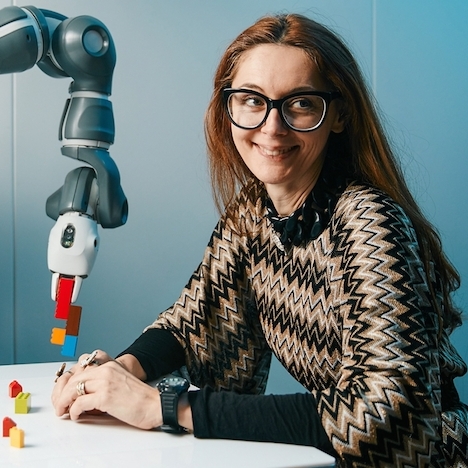
Danica Kragic
Professor
KTH Royal Institute of Technology -

'YZ' Yezhou Yang
Associate Professor
Arizona State University -

Jason J. Corso
Professor
University of Michigan, Ann Arbor -
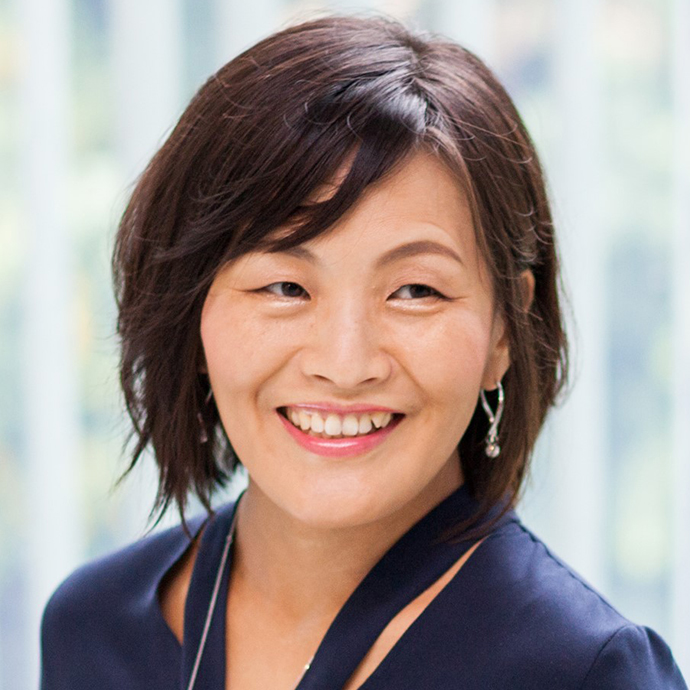
Yukie Nagai
Professor
The University of Tokyo
Afternoon speakers
-
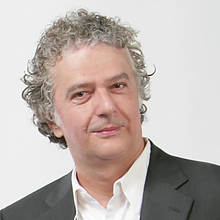
Yiannis Aloimonos
Professor
The University of Maryland College Park -
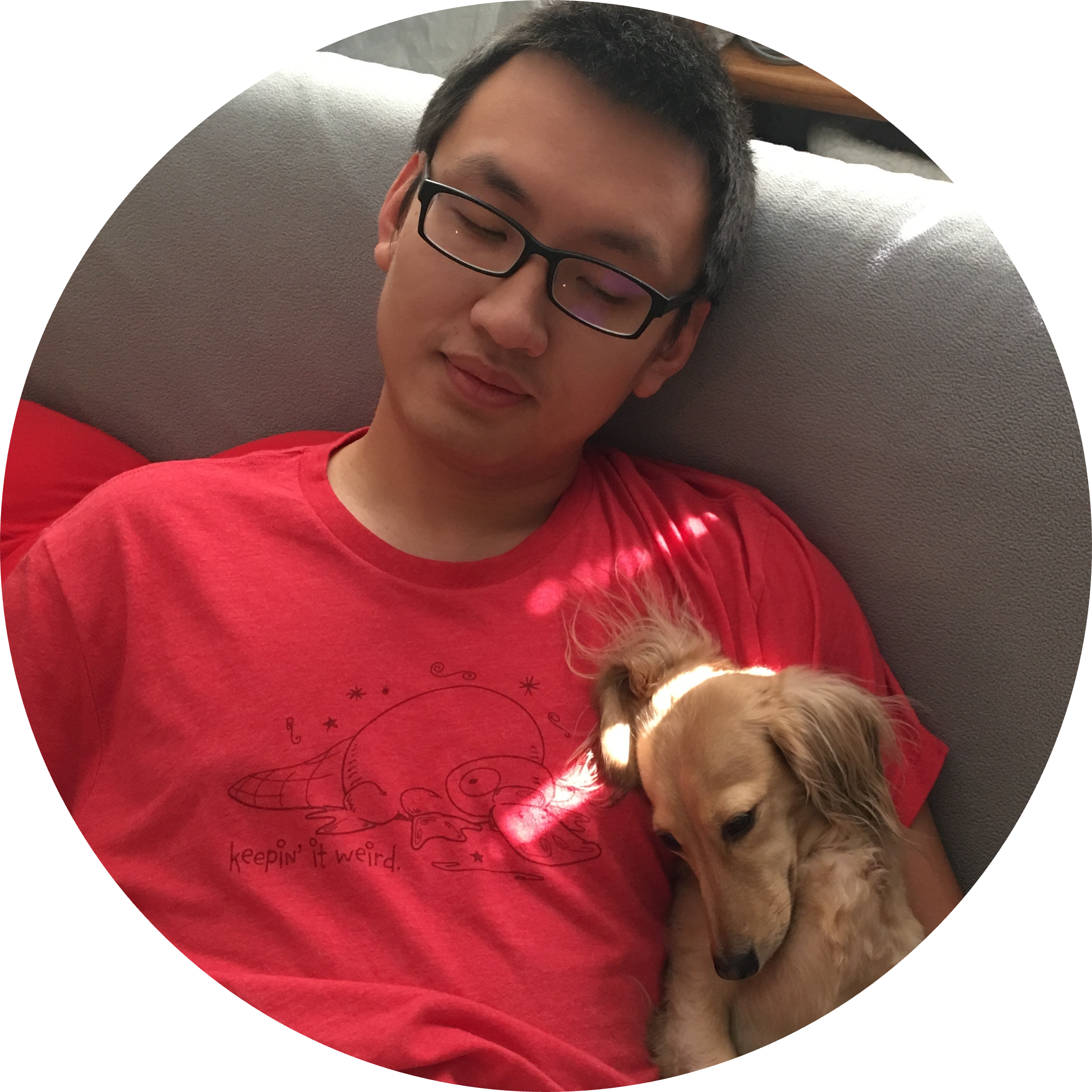
Ruohan Zhang
Postdoctoral Researcher
Stanford University -

Danfei Xu
Assistant Professor
Georgia Institute of Technology
Submissions
Submission deadline: 21st October 2023 at 23:59 Anywhere on Earth
Submission website: OpenReview
Submission options: You may choose to submit either extended abstracts (limited to 4 pages) or full papers (with flexibility to span 8 or 9 pages), and there is no page restriction for the bibliography or references section. You can use this template:
• CoRL2023_template -- LaTeX template
References and appendix should be appended into the same (single) PDF document, and do not count towards the page count.
FAQ
Q: Will there be archival proceedings?
A: No. Neither 4 or 8 or 9 page submissions will be indexed nor have archival proceedings.
Q: Should submitted papers be anonymized?
A: Yes. If accepted, we will ask for a de-anonymized version to link on the website.
Q: My papers contains ABC, but not XYZ, is this good enough for a submission?
A: Submissions will be evaluated based on these reviewer questions.
Schedule (Tentative)
Monday, November 6th, 2023. All times are in Central Standard Time (UTC-6). Current time is
Papers
Please see the accepted papers hereOrganizers
-
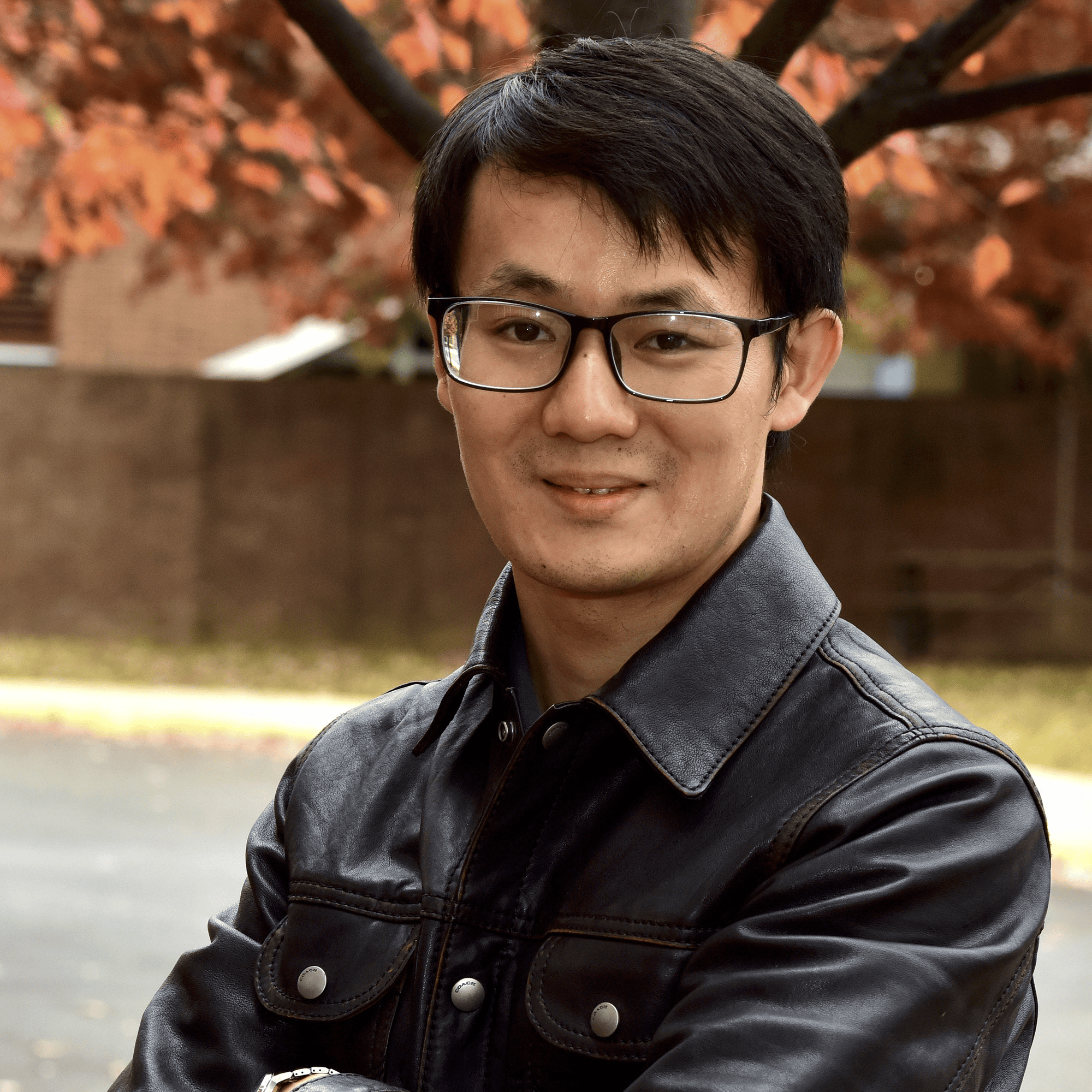
Yantian Zha ytzha@umd.edu
is a Postdoctoral Associate at the University of Maryland, College Park. His research focuses on how the learning of different levels of cognitive functions can be tightly coupled together based on cognitive science. Recently, he is actively researching self-explanation-guided robot learning, robot learning with humans in the loop, tactile sensing, and hyper-dimensional computing for robotics. In his early research, he works on plan recognition and explainable robotics.
-

Xuesu Xiao xiao@gmu.edu
is an Assistant Professor at George Mason University, USA. He is interested in highly capable and intelligent mobile robotics. He used to be the chair of IJCAI 2023 Robot Exhibition, IEEE ICRA 2022 Competition The Benchmark Autonomous Robot Navigation (BARN) Challenge, AAAI Spring Symposium Series 2021 Machine Learning for Mobile Robot Navigation in the Wild, IEEE ICRA 2021 Workshop Machine Learning for Motion Planning. In addition, he was the organizing committee member in CoRL 2022 Workshop Learning for Agile Robotics, ACM/IEEE HRI 2021 Workshop Exploring Applications for Autonomous Non-Verbal Human-Robot Interactions, ACM/IEEE HRI 2021 Workshop Exploring Applications for Autonomous Non-Verbal Human-Robot Interactions.
-
Oya Celiktutan
is an Associate Professor of Robotics at King's College London, UK. She is interested in machine learning and its application to computer vision, human behaviour understanding and generation, robot learning from and for interactions with humans, and human-machine interaction in general. To date, she (co-)organised more than 10 workshops, special sessions, and challenges. Most recently, she is a co-organiser of MASSXR Workshop at VR 2023, ITAH Workshop at IUI 2023, and SOLAR Workshop as well as METRICS HEART-MET Physically Assistive Robot Challenge at ICRA 2023. She is a doctoral consortium co-chair of ACII 2023 and FG 2024 and a publication co-chair of ICMI 2024.
-
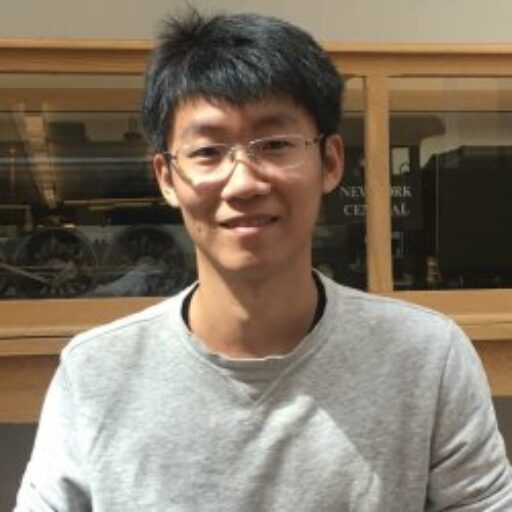
Peng Gao
Peng Gao is a postdoc associate working at the University of Massachusetts Amherst. His research focuses on collaborative autonomy, which seeks to empower autonomous robots with the ability to collaboratively comprehend both unstructured environments and their human and robotic teammates, thereby surpassing human-level collaboration for complex tasks in open-world settings. He used to be the co-chair on “Multi-Robot and Distributed Robot Systems” session at IROS 2023.
-

Akshara Rai
is a Research scientist at Meta AI, working at the intersection of machine learning and control for robotics. Her research aims at teaching robots to perform complex, novel tasks in the real-world sample-efficiently, by utilizing prior knowledge in the form of models, simulators, or demonstration data. She has co-organized the following workshops: Perceptive legged locomotion at IROS 2021 and IROS 2022, Retrospectives in robotics at RSS 2020, Sim-to-real in robotics beyond locomotion at CoRL 2022. She has also been AE for robotics conferences like ICRA, and RAL.
-

Shiqi Zhang
is an Assistant Professor of Computer Science, The State University of New York at Binghamton. He works on AI and robotics, and develops intelligent mobile robots that are able to interact with people, provide services to people, and learn from this experience. He has co-organized the RSS-2021 Workshop on Declarative Knowledge in Learning and Control of Robot Behaviors, two IROS workshops about robot learning and reasoning in 2019 and 2020 respectively, and an AAAI-2018 Spring Symposium. He was a Publication Co-chair of the AAMAS-2022 conference, and is a Co-chair of the KR-2023 Conference’s Special Session on Robotics and Planning.
-
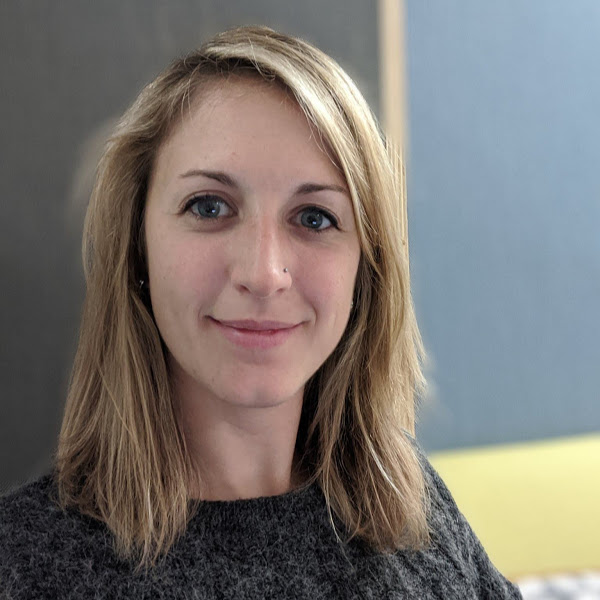
Martina Zambelli
is a research scientist at Google DeepMind, UK, working at the intersection of robot learning, robot manipulation, and multimodal learning. She completed her Ph.D. at Imperial College London, UK, where she explored the developmental robotic approach for autonomous discovery of sensorimotor capabilities. She is one of the organizers of the Mediterranean Machine Learning school, and she co-organized the Women in ML and Robotics event at CoRL 2021.
Advisory Board
-

Angelo Cangelosi
Dr. Angelo Cangelosi is Professor of Machine Learning and Robotics at the University of Manchester (UK). He also is Turing Fellow at the Alan Turing Institute. He has chaired numerous international conferences, including ICANN2022 Bristol, and ICDL2021 Beijing. His book “Developmental Robotics: From Babies to Robots” (MIT Press) was published in January 2015, and translated in Chinese and Japanese. His latest book “Cognitive Robotics” (MIT Press), coedited with Minoru Asada, was recently published in 2022.
-
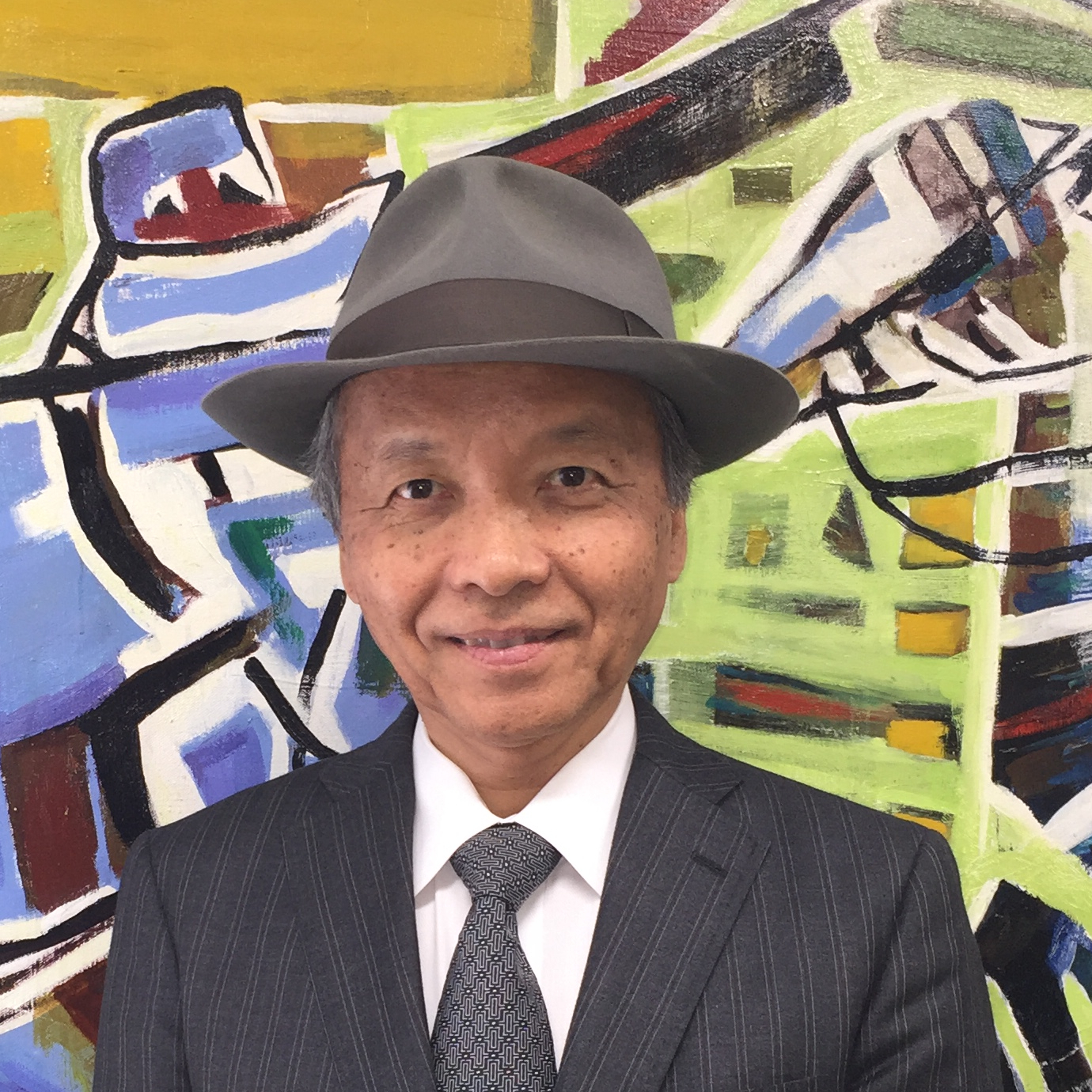
Minoru Asada
Minoru Asada received B.E., M.E., and Ph.D. degrees in control engineering from Osaka University, Osaka, Japan, in 1977, 1979, and 1982, respectively. In April 1995, he became a professor at Osaka University. He was a professor in the Department of Adaptive Machine Systems at the Graduate School of Engineering, Osaka University from April 1997 to March 2019. Since then, he has been a specially-appointed professor, Symbiotic Intelligent System Research Center, Open and Transdisciplinary Research Initiatives, Osaka University. From April 2021, he bcame a vice president of International Professional University of Technology in Osaka. Dr. Asada has received many awards, such as the Best Paper award at the IEEE/RSJ International Conference on Intelligent Robots and Systems (IROS92) and a Commendation by the Minister of Education, Culture, Sports, Science and Technology, Japanese Government, as a Person of Distinguished Services to Enlightening People on Science and Technology. He is one of the founders of the RoboCup, and the former president of the International RoboCup Federation (2002-2008). He was a president for the Robotics Society of Japan (RSJ, 2019-2021). IEEE Life Fellow since 2021. He was the Research Director of the ASADA Synergistic Intelligence Project at Exploratory Research for Advanced Technology by the Japan Science and Technology Agency (ERATO, 2005-2011), and was a principal investigator of the Grants-in-Aid for Scientific Research (Research Project Numbers:24000012, 2012-2016) titled Constructive Developmental Science based on Understanding the Process from Neuro-Dynamics to Social Interaction. He was a principal investigator of the JST RISTEX R&D Project titled Legal Beings: Electric personhoods of artificial intelligence and robots in NAJIMI society, based on a reconsideration of the concept of autonomy.
Program Committee
We thank those who help make this workshop possible!
Sponsors
We thank Maryland Robotics Center and DeepMind for generously sponsoring best paper awards and student travel awards.


